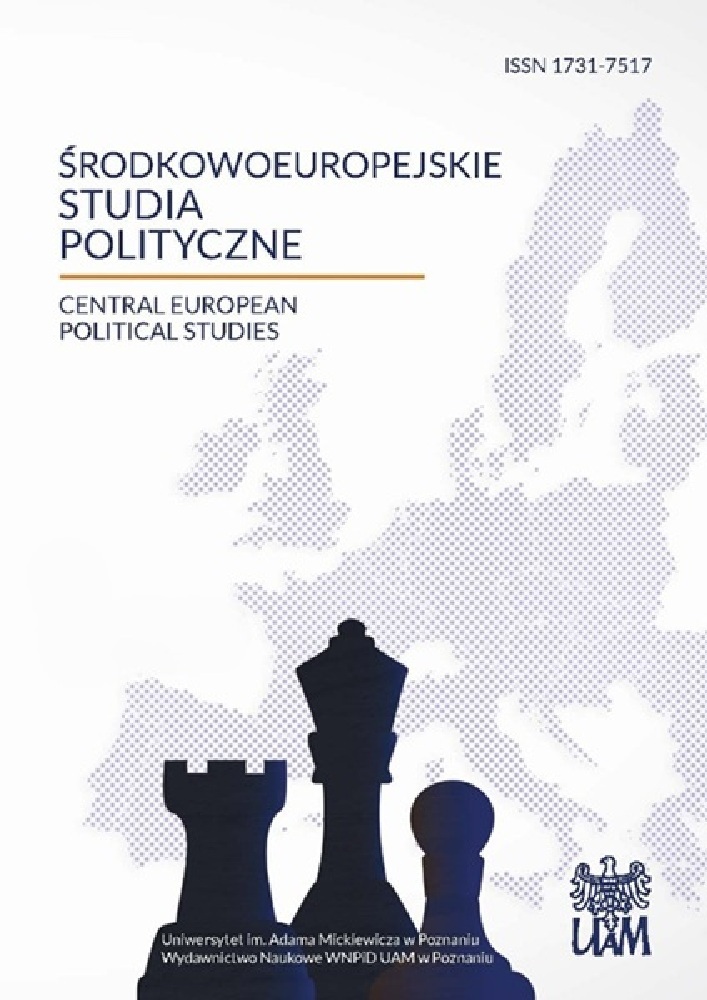Abstrakt
While modern, capitalist consumer societies have solved the problem of extreme poverty to a large extent, indigence, destitution, the scarcity or lack of access to basic financial means or consumer practices that provide prestige, satisfaction or a sense of self-fulfillment continue to be experienced by a portion of society and constitute a significant theme of social reflection, political platforms and media discourse. The mass media could provide an arena where people who are economically marginalized could find an image of their own existence, the representation of their interests, and solutions for their practical and emotional problems. However, the mainstream press, radio, and television, as well as the new interactive media, are interested in the poor only to a limited degree. The poor have almost no media at all, unless simplistic and primitive tabloid dailies and some tabloidized television channels are considered as such. The question can be posed, then, of whether their problems are tabloidized also in the mainstream media, and where to search for the presentation and illustration of poverty when considering the issue of the tabloidization of poverty in the media.
Bibliografia
Bauer Z., Twój głos w Twoim domu: cztery typy tabloidyzacji, w: Tabloidyzacja języka i kultury, red. I. Kamińska-Szmaj, T. Piekot, M. Poprawa,Wydawnictwo Uniwersytetu Wrocławskiego, Wrocław 2010.
Sparks C., Tulloch J., Tabloid Tales. Global Debates Over Media Standards, Rowman & Littlefield, Oxford 2000.
Klich A., Polska bieda poniżona. Rozmowa z prof. Elżbietą Tarkowską, „Gazeta Wyborcza” 7 września 2009.
Lisowska-Magdziarz M., Media powszednie. Środki komunikowania masowego i szerokie paradygmaty medialne w życiu codziennym Polaków u progu XXI wieku, Wydawnictwo Uniwersytetu Jagiellońskiego, Kraków 2008.
Lister R., Bieda, Sic!, Warszawa 2007.
Licencja
Copyright
© 2013, Uniwersytet im. Adama Mickiewicza w Poznaniu, Wydawnictwo Naukowe Instytutu Nauk Politycznych i Dziennikarstwa
OPEN ACCESS
